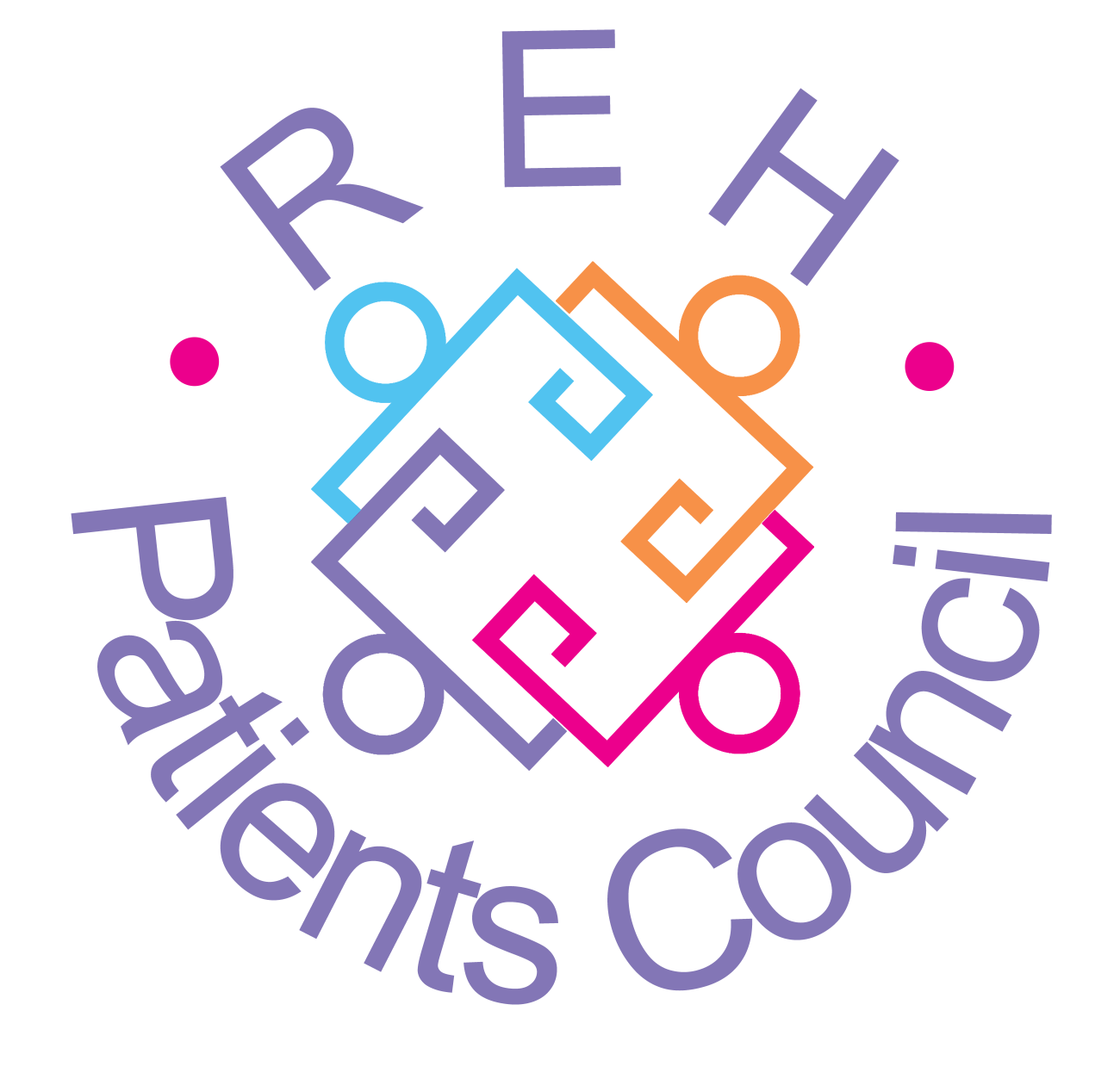Patients Council Meeting – 30 January 2017 Guest speaker: Daniel Johnson, MSP Daniel, our local MSP, favours increased funding and a more holistic approach to mental health, starting with mental health counsellors in every school and better training for teachers. Mental health deserves parity with physical health but treatment might be about finding ways to cope, such as self-help techniques, rather than having a fixed diagnosis. Daniel supports a focus on primary care, getting people the right help as early as possible, but spending has been cut in real terms in the last ten years. Society needs to reach a better understanding of how mental health works and support people to be treated at home. Open Dialogue, from Finland, addresses mental health in the societal setting but it needs political will to implement it. People can feel rejected by society when they leave hospital. Health and Social Care integration and local government need to be properly funded. The cabinet secretary should adopt mental health as a priority.
Local people see the Royal Edinburgh Hospital as part of the local community and welcome the long overdue redevelopment despite concerns about parking and the impact of future developments at the Astley Ainslie site.
We expressed concerns about the efficacy of psychiatry, the side effects of medication, losing control of your finances and changes the Scottish Government might make to benefits. Long-term hospital admission renders people homeless then they can get stuck in hospital due to the lack of suitable accommodation in the community.
Force and compulsion should be banned, consent to treatment should be mandatory – the system will work better if people are engaging with it rather than complying to avoid the threat of something worse happening to them. They should choose the treatment that works best for them.
We prefer the bio-psycho-social model to the medical model which gets funding from pharmaceutical companies. People can be forced to take medications which can cause physical damage. Could the government encourage health boards to fund more talking therapies? Nurses do now try to work with patients instead of doing things to them but talking therapies tend to be time-limited and expensive.
Medical students and GP’s, often the first point of contact, need more training in mental health. Their workload can be overwhelming so primary care must be reorganised – for example, easier referral to mental health services. There should be a mental health specialist (not necessarily a doctor) in every GP practice. Social media should be used to inform people about available services such as the Mental Health Assessment Service.

